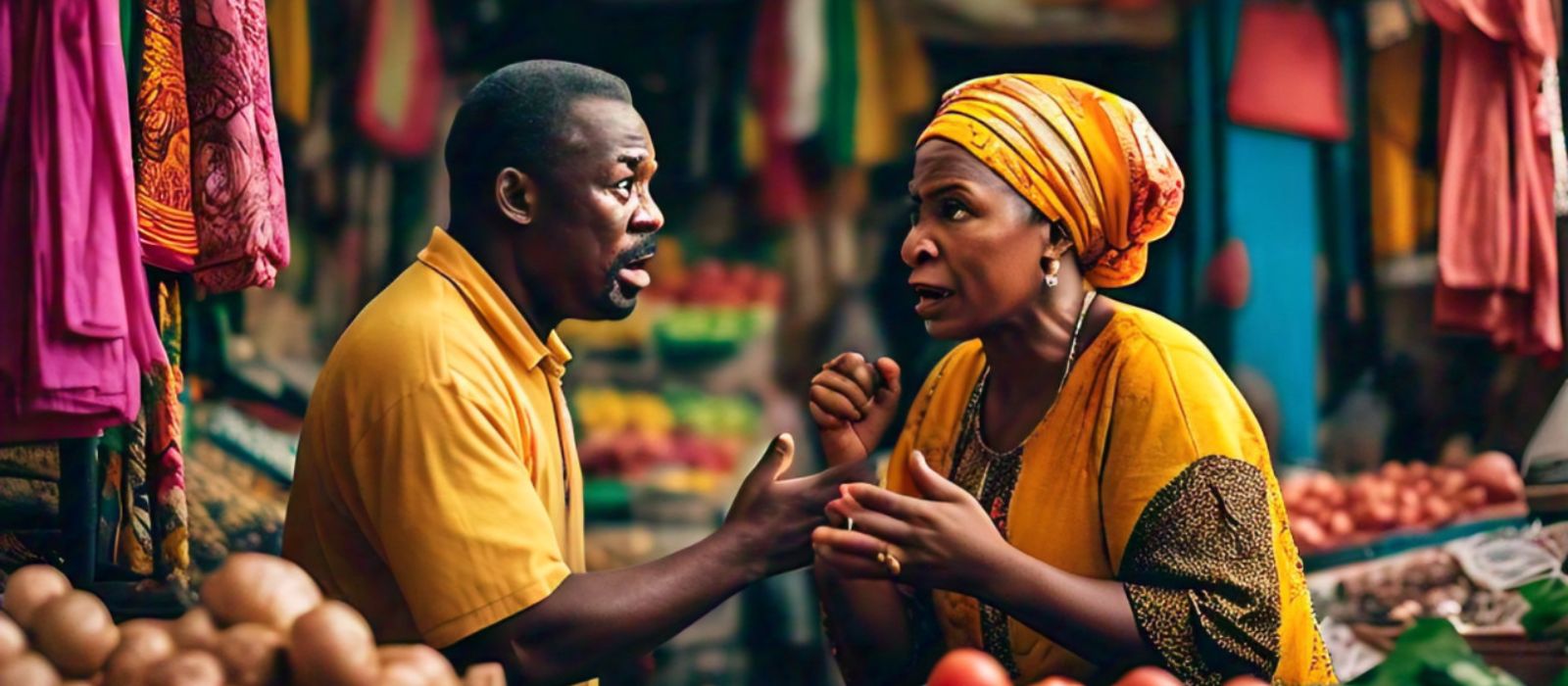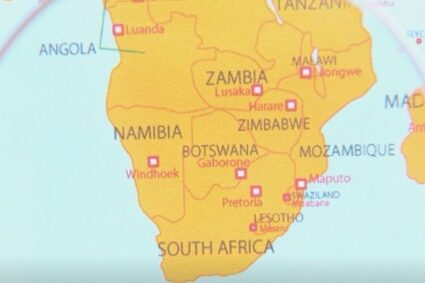
Whilst the mainstream media of the world including native African news channels have focused on the European Conflicts that include the likes of Gaza ,Syria ,Russia /EU /Ukraine War or China / USA Trade Wars. Africa has been having its own internal wars over the last decade that need to be addressed at community level , Africa has witnessed a troubling rise in tribalism and ethnic-related conflicts, often culminating in violence and instability. This phenomenon has roots in historical injustices, colonial legacies, and the socio-political landscape of the continent. The resurgence of tribal conflicts has created a fertile ground for domestic and regional terrorism, posing significant challenges to peace, security, governance, and development across the continent.
Tribalism and ethnic identities have historically shaped the socio-political dynamics of African countries. During colonial rule (late 19th to mid-20th century), colonial powers exacerbated ethnic divisions to maintain control, often favouring certain groups over others. This practice sowed seeds of discord that continue to affect post-colonial national identities. After independence, many African governments struggled with nation-building and national unity, further entrenching ethnic divisions. In recent years, the rise of tribal conflicts can be attributed to multiple factors, including:
1. Resource Scarcity : Competition for land, water, and minerals often leads to conflict between different ethnic groups.
2. Political Exclusion: Marginalization of particular ethnic groups in political representation can lead to resentment and unrest.
3. Youth Unemployment: A large population of unemployed youth, feeling disenfranchised, has become susceptible to recruitment by extremist groups.
4. Weak Governance: Corruption and the lack of effective governance systems in many countries have led to increased grievances among ethnic communities.
The rise in ethnic conflicts has not only destabilized local communities but has also escalated threats of domestic and regional terrorism. Groups like Boko Haram in Nigeria, Al-Shabaab in Somalia, and others exploit existing grievances, recruiting dissatisfied youth from affected tribal groups. The rise of such extremist factions poses a dual threat: undermining governance and amplifying corruption as governments struggle to respond effectively to both terrorism and ethnic unrest.
A Decade of Ethnic Conflicts Key Examples From 2014 to 2024, a number of countries have experienced significant ethnic violence. These include South Sudan, The civil war (2013-present) has roots in ethnic rivalry between the Dinka and Nuer tribes, leading to widespread atrocities and a humanitarian crisis. Central African Republic (CAR),ethnic violence between Muslim Seleka groups and Christian Anti-Balaka militia has caused significant instability and displacement. Nigeria, ethnic conflicts, particularly between Fulani herders and various farming communities, have resulted in violence and numerous casualties. Ethiopia ,ethnic violence, especially in the Tigray region, has escalated civil strife, further entrenching divisions. Burundi, After the political crisis of 2015, ethnic tensions flared, resulting in human rights violations and civil instability. Rwanda, The ongoing struggles over power-sharing continue to be influenced by ethnic lines post-1994 genocide. Kenya, ethnic tensions erupted during the 2017 elections, showcasing the volatile relationship between politics and tribal identities. Mali, ethnic insurgencies in the northern regions have become intertwined with the broader jihadist threat. Democratic Republic of the Congo (DRC),Conflicts driven by ethnic factions over control of mineral-rich areas continue to fuel violence.
To combat these challenges, regional organizations like the Southern African Development Community (SADC), African Union (AU), and Economic Community of West African States (ECOWAS) have initiated numerous interventions and frameworks targeting ethnic conflicts and terrorism. The complexities surrounding tribalism and ethnic conflicts in Africa require an integrated approach involving regional collaboration, national rebuilding efforts, and international support. Addressing the root causes of these conflicts such as governance issues, resource distribution, and inter-ethnic dialogue is crucial for establishing peace and stability in the region. As Africa moves toward a future marked by cooperation and understanding, it is vital to recognize the multifaceted nature of these issues and strive for solutions that encompass the diverse realities of its people.


